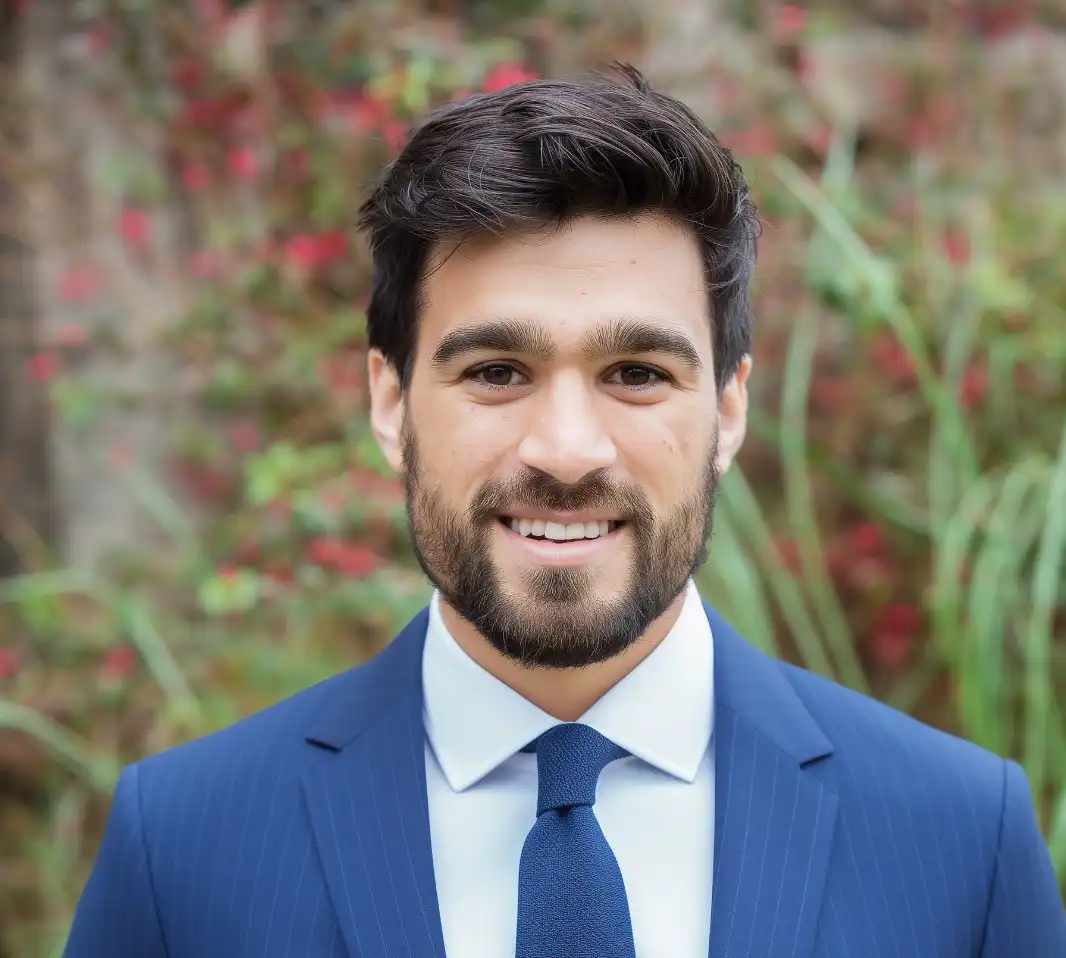UNICEF acknowledges that children and young people have a meaningful role to play in building and sustaining peace, particularly in contexts shaped by conflict. Their participation in decisions that influence their lives is not only a right but also a necessity for inclusive progress. Supporting this involvement calls for an approach to education that extends beyond academic success, one that recognises the importance of preparing students to think critically, engage ethically, and respond to the world around them meaningfully. The Aristotelian model of ‘Whole-Person’ education meets this need by encouraging thoughtful inquiry, a sense of responsibility, and meaningful connection with the wider community. When Shrewsbury International School India opens its doors this August, it will adopt this approach, offering a curriculum that aligns intellectual development with a deeper civic awareness.
“It is not the strongest of the species that survive, nor the most intelligent, but the one most responsive to change,” observed Charles Darwin, the father of evolution. Notably, Darwin was an alumnus of Shrewsbury School in the UK, founded in 1552, which has long valued adaptability and a sense of collective responsibility. These principles, central to its educational ethos, have guided generations of pupils in navigating complex and changing worlds. As Shrewsbury prepares to open its doors in India, it carries forward this same tradition of preparing students to engage thoughtfully and resiliently with the world around them.
“Shrewsbury School India will embed community engagement into its educational approach through a meaningful collaboration with the Jagran Social Welfare Society,” says Oliver Russell, Deputy Head, School and Strategy Development. He adds, “This partnership will allow pupils to take part in initiatives that address the needs of underserved communities, offering them the opportunity to understand lived realities beyond their own. In doing so, they will develop a deeper sense of responsibility to catalyse positive change and contribute to society.”
Shrewsbury’s distinctive Floreat approach offering Intellective, Active, Reflective, Expressive and Reflective growth and its pedagogy steeped in Salopian virtues (wisdom, kindness, courage, integrity, self-mastery and spirit) will also go a long way in moulding responsible and responsive community builders.
“Future leaders must begin any work with tenets like kindness and strive to make a difference with smart solutions rooted in respect and empathy,” remarks Russel.
Environmental responsibility is also central to the school’s vision. Shrewsbury School India’s 150-acre campus in Bhopal is to be run entirely on solar power and is being developed as a biodiverse space with plans to plant over 1,00,000 trees. These initiatives will enable pupils to engage directly with environmental challenges, encouraging a lasting sense of care for the planet.





